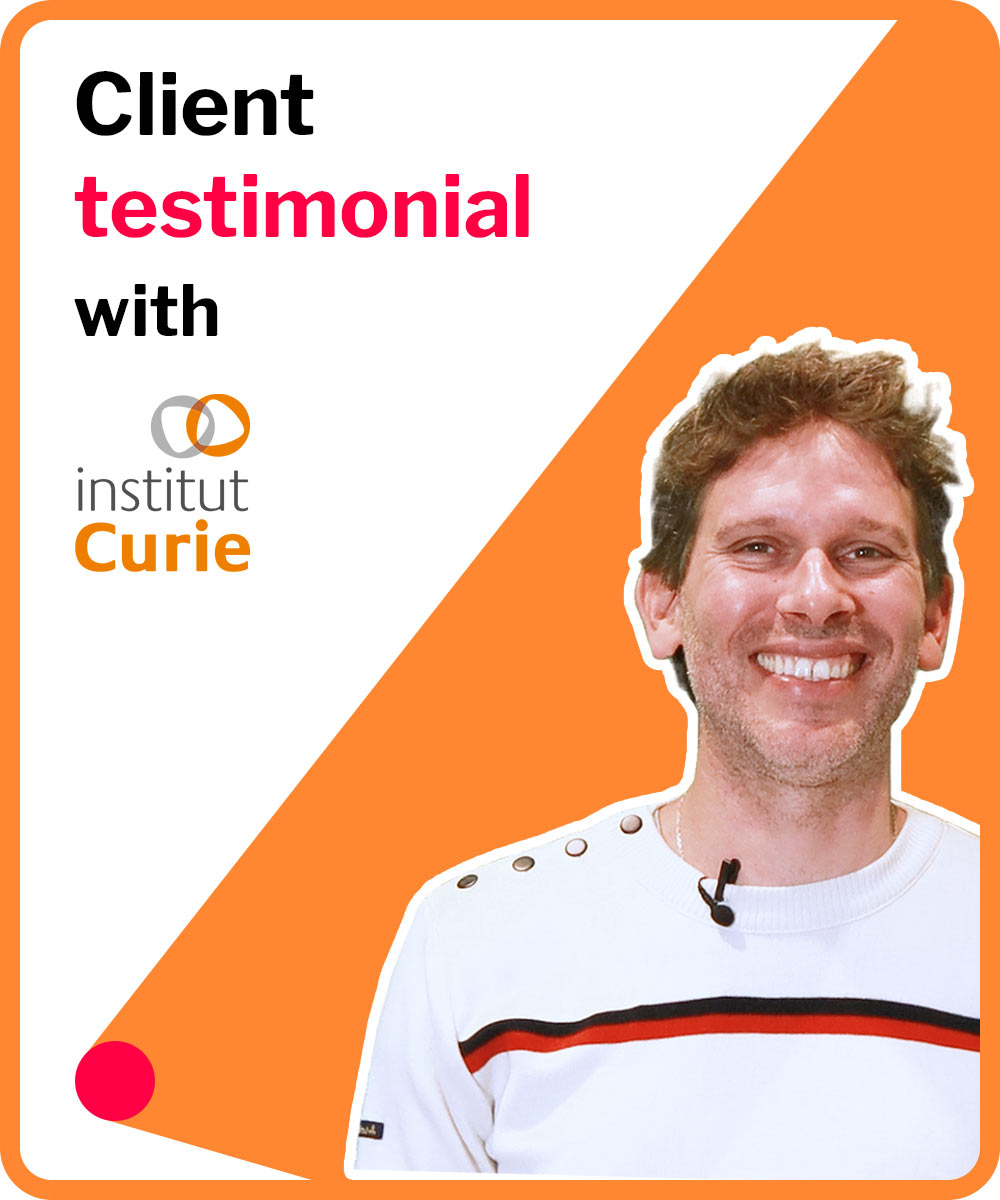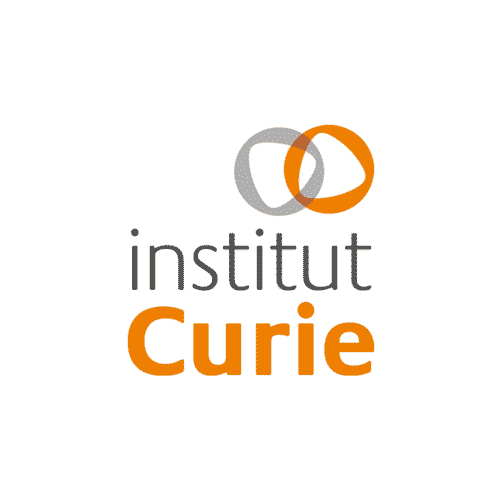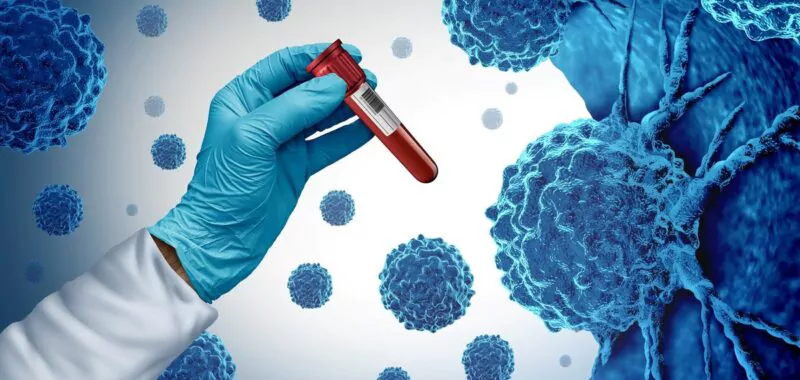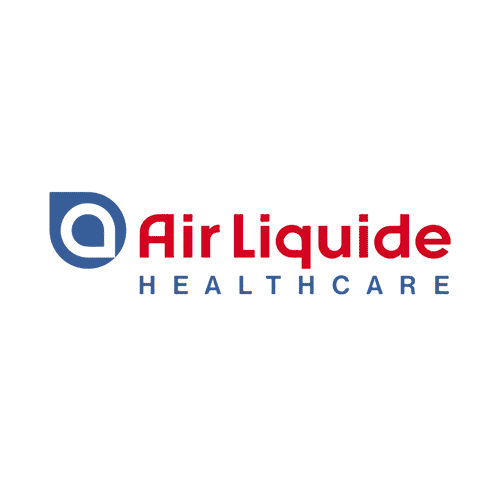
Rare cancers

Better identify, diagnose and treat rare cancer patients
Our specialized team explores the field of rare cancers such as sarcomas and various types of carcinoma, and supports healthcare players in identifying patients, improving care pathways, developing research and bringing new treatments to market.
They trust us


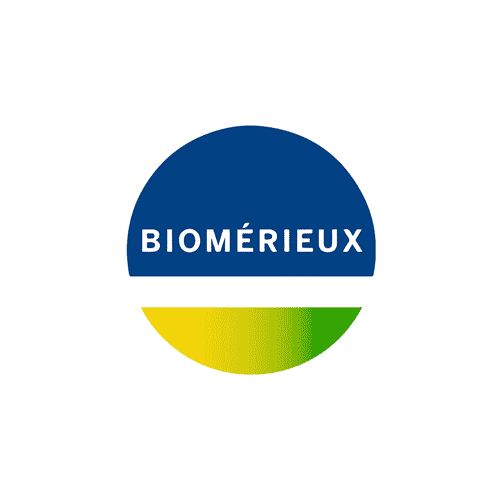


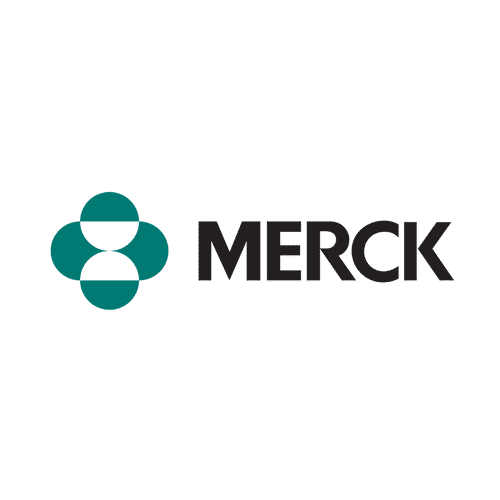

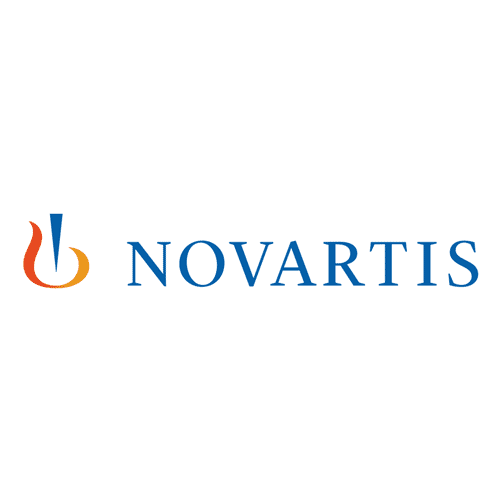

The challenges related to rare cancers and rare tumors
Because a rare tumor is relatively not common, there is often limited research and treatment options available for these diseases. People with rare tumors may face difficulties in obtaining a timely and accurate diagnosis, as well as in finding appropriate treatment options. Likewise, the level of information and awareness is relatively small and aggravates the health issues for patients as many physicians cannot connect the dots and won’t recognize unspecific symptoms with a rare cancer.
A rare cancer also can have a significant psychosocial impact on patients and their families, as they may feel isolated and unsupported due to the lack of awareness and knowledge about the disease.
They also represent a difficult field for pharma players. Indeed, research can be difficult as not many patients are available. Likewise, and for the same reason, clinical trial development can be lengthy and costly and reimbursement outcome is often unclear in case payers are not convinced in the safety or efficacy of a new drug.
A major issue in rare tumors is the lack of awareness i.e. recognition of symptoms often is an obstacle to physicians who hardly ever see such patients. Together with often not common symptoms and the lack of diagnostic tests, this makes diagnosis often a difficult task. Even if a treatment is available for patients, it is often difficult to find all patients, know who the key stakeholders in their care pathways are, as well as to gain sufficient information on how an optimal patient pathway after being diagnosed can look alike.
How can we increase awareness and who are the best targets? How to optimize diagnostic procedures and health pathways?
Because rare cancers affect a small number of people, there are fewer patients available for research. As many rare cancers are complex diseases with diverse subtypes that can require different treatments, developing a treatment for a rare cancer often requires a deep understanding of the biology of the disease. The low resources of patients can make it difficult for pharmaceutical companies to conduct this complex research, gain enough knowledge to develop new drug candidates and develop them further in robust clinical trials. All of this can make drug development a timely and costly exercise.
How can we help lower costs in rare tumor developments? What is the state-of-the-art around biomarkers for rare cancers?
Obtaining regulatory approval for treatments for a type of rare cancer can be challenging, as there may not be established standards for evaluating their safety and efficacy, which can lead to delays in getting treatments to people who need them. Likewise, often clinical trials run on a very small-scale, trials take a very long time and sometimes do not have proper control arms, which can lower reimbursement schemes for pharma players later on.
How can we plan and execute clinical trials to avoid regulatory issues as well as to gain high reimbursement rates? In which cases a new treatment for a type of rare cancer can benefit from orphan designation?
How we support you in your projects related to rare cancers
For more than 25 years, Alcimed has been supporting its clients on many issues related to rare diseases on one side, and in oncology on the other side. As rare cancers are naturally at the crossroads between the two, we have developed a great experience in this field, through our projects and our continuous monitoring of this field. Do not hesitate to visit our Oncology Resource Center to find out more!
The diversity of our clients (pharmas, biotechs, research centers, professional associations, national institutions, …), the geographical fields we explore, and the types of projects we carry out, gives us a global and in-depth understanding of the issues addressed in the field of rare cancers.
Our projects include topics as diverse as new technologies and therapeutic approaches for orphan diseases, understanding disease management and patient care pathways, assessment of market opportunities and licensing, market access, pricing and reimbursement, regulatory evolution, and operational support (patient identification, optimization of care pathways, etc.).
What they say


"Good mood, enthusiasm, clearly professionalism, and an ability to mobilize and change direction according to the needs of the project."
Dr. Amaury Martin
Directeur adjoint de l’Institut Curie
Examples of recent projects carried out for our clients in rare cancers
Clinical development and launch strategy of an asset
Alcimed supported a top pharma player in defining the strategy of an early asset in a rare cancer indication.
We helped our client to understand the current treatment pathways in addition to needs and challenges linked to it, find trends in the indication, and aimed to understand how these trends and underlying future technologies will impact the current treatment pathway and shape it in the future. We also worked on the evaluation of direct and indirect competitors and collaborated on the development of the short- and mid-term asset strategies.
Our work allowed our client to optimally plan and develop clinical trials and prepare for the launch of the asset.
Study of the regulatory framework for the accessibility of treatment for orphan diseases
We supported a player in the pharmaceutical industry in understanding the fundamental factors of market access for orphan drugs in 9 emerging countries.
By taking stock of internal knowledge and collecting missing information in terms of market and regulatory analysis in particular, Alcimed has enabled its client to obtain an overview of the regulations on orphan drugs in emerging countries and to classify these countries according to their level of accessibility.
Preparing the launch of a new oncology product for pediatric patients in Germany
We helped our client, a leading pharma player, to understand the treatment pathway of childhood tumor in general from being diagnosed to treatment to monitoring, even after children become adolescent.
We identified key blocking points along the care pathways, and mapped treatment and diagnosis centers and key stakeholders in Germany.
This included patient associations, physicians, or social workers and allowed our client to optimally plan activities to support the launch of the new drug.
Market sizing of a new technology in Barrett’s Esophagus (towards esophageal adenocarcinoma) and in Peritoneal Carcinomatosis
We helped our client to understand the potential for a given technology in these patient segments through the deciphering of the current needs, ending up with an estimate of the market size in the 2 indications.
A deep understanding of patient management but also pathway allowed is to draw options to include such a new technology into different national reimbursement systems.
The analysis allowed our client to take a decision not only if the development of the technology should be further pursued but also helped the client to plan market access efforts in prioritized countries as well as helped in planning clinical trials.
Decoding of the care pathway of patients diagnosed with sarcoma
Alcimed worked with a top pharmaceutical client to analyze the care pathway of patients diagnosed with sarcoma, a rare cancer.
Through specific research into the pathology and the organization of care, as well as interviews with healthcare professionals in the field, we were able to define the care pathway and identify the painpoints. This study allowed to clearly understand the care pathway, the involved stakeholders, the key challenges that exist and the best practices to facilitate care.
Thanks to our work, our client identified two strategic levers that stood out to improve the efficiency of the care pathway for patients with sarcoma, and obtained clear and precise actions to implement.
Identification of rare cancer indications with potential strategic fit to a pharma player’s portfolio
Alcimed worked with a top pharmaceutical client to identify and characterize rare cancer indications with high unmet medical needs that could fit with their current portfolio.
To do so, we carried out qualitative interviews with experts in oncology and analyzed scientific literature on this specific topic to identify key indications where rare cancers had high unmet medical. We then prioritized the most interesting indications for our client and challenged them with him during a workshop. Then, we interviewed other experts specializing in the indications we prioritized in order to gain a complete picture on each indications.
In the end, some indications were included in ongoing projects. Our study also helped to speed up proof-of-concept and identify potential collaboration partners.
Identification of potential Car-T cell options for a rare cancer indication for a pharma player
Alcimed worked with a big pharma player to identify new potential treatment options in rare cancer, and prioritize them regarding their competitive threat level and their fit to existing portfolio.
We supported this customer by firstly drawing a map of the current standard of care pathway in the rare cancer indication, understanding involved stakeholders, treatments and decision points. Next, we identified treatment options that possibly impact on this care pathway in the future, notably Car-T cell options. Together with the client we run strategic working sessions in order to assess competitive threat and commercial potential of Car-T cells.
Using this methodology allowed us to recommend to our client whether or not an addition of Car T-cell to the existing portfolio shall be envisioned.
You have a project?
To go further
Healthcare
5 reasons to focus on patient engagement in R&D: the example of rare diseases
Reason 1: the patients are experts in their disease More than in most fields, rare disease patients occupy a position as “patient expert”, having a unique knowledge of their disease.Directly ...
Cross-sector
Rare diseases : 3 tools to improve their knowledge and monitoring
Improving knowledge and monitoring of rare diseases is a major public health issue. These diseases are often chronic, serious and affect all medical specialties. Knowledge of rare diseases is ...
Healthcare
How can genetic cancer testing improve access to targeted therapies in France?
What is genetic screening for cancer, and why is it essential? The study of genetic mutations has led to the identification of new markers in oncology. This has been groundbreaking beneficial for ...
Founded in 1993, Alcimed is an innovation and new business consulting firm, specializing in innovation driven sectors: life sciences (healthcare, biotech, agrifood), energy, environment, mobility, chemicals, materials, cosmetics, aeronautics, space and defence.
Our purpose? Helping both private and public decision-makers explore and develop their uncharted territories: new technologies, new offers, new geographies, possible futures, and new ways to innovate.
Located across eight offices around the world (France, Europe, Singapore and the United States), our team is made up of 220 highly-qualified, multicultural and passionate explorers, with a blended science/technology and business culture.
Our dream? To build a team of 1,000 explorers, to design tomorrow’s world hand in hand with our clients.
Rare cancers or rare tumors are a group of cancers that collectively account for a small percentage of all cancer cases, although this “small” number accounts for up to 25% of all new cancer cases. A rare cancer is defined as a cancer that affects fewer than 6 out of 100,000 people per year. This definition based on incidence is rather new and aims at better focusing the light and the efforts on the less frequent cancers. So rare cancers are rare diseases in majority, even if a rare disease is defined by prevalence.
However, the definition of a rare cancer can be expanded towards patient populations that have no treatment options anymore, or patients that receive very personalized treatment types as their number can be very small.
There are many different types of rare cancers, each with its own unique characteristics and treatment challenges. Examples of rare cancers include mesothelioma, sarcomas, pancreatic neuroendocrine tumors, and some types of pediatric cancers.
A cancer is considered rare when its incidence, i.e. the number of new cases per year, is less than 6 per 100,000 population.
Although individually these types of cancer are rare, taken together, rare cancers will account for around 25% of all cancers diagnosed in 2023.
Cancer dominated the global rare disease treatment market in 2021. This market is estimated to be worth between 30 and 50 billion dollars in 2023 (with a market share of over 25% in the overall treatment of rare diseases).
Finally, the average annual growth rate for the treatment of rare diseases is estimated at around 10% between 2023 and 2030, i.e. a doubling of the 2023 value by 2030.
